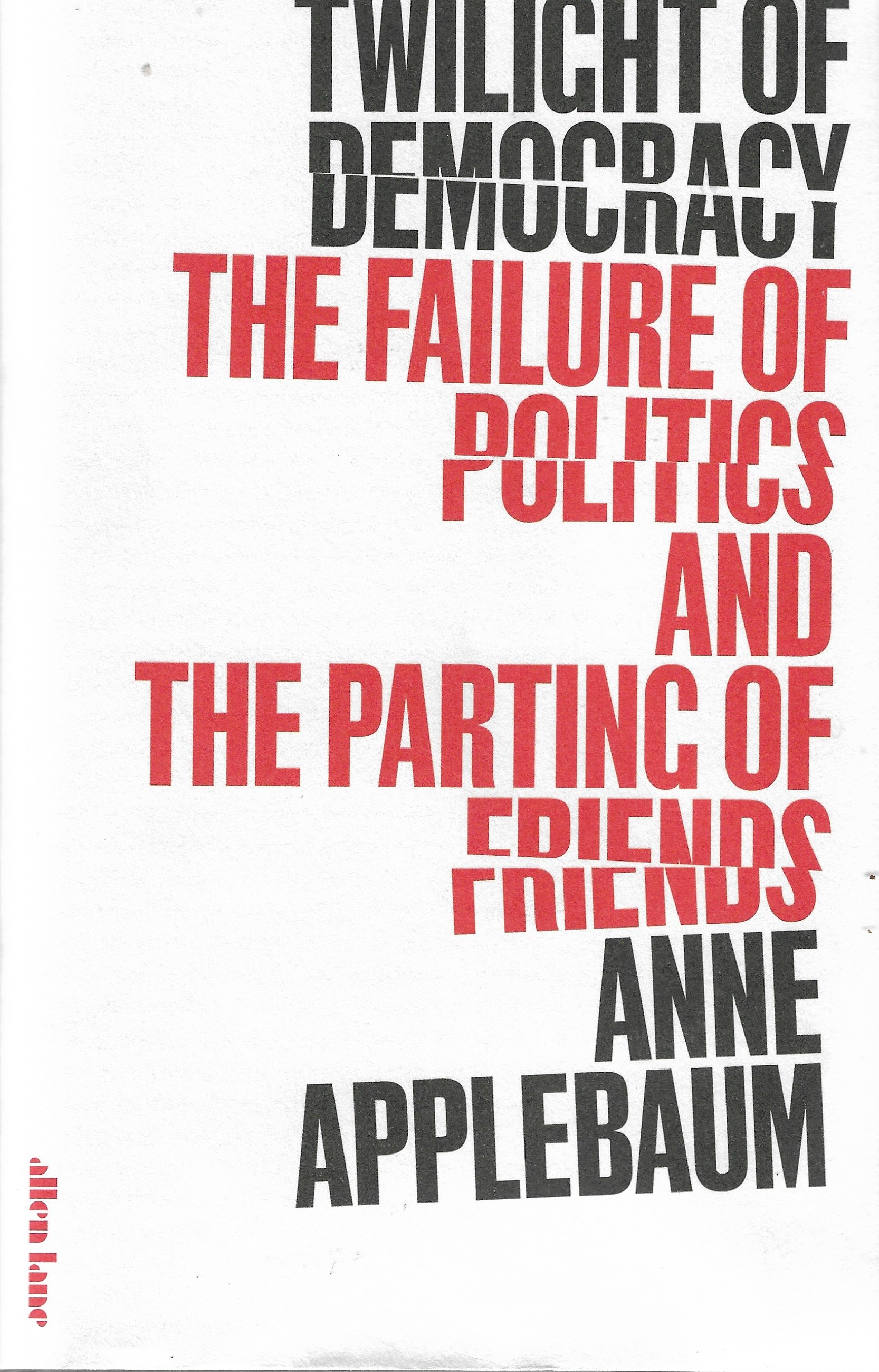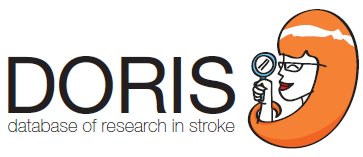When I was at at school we were regularly encouraged by our excellent English teacher to write creative fiction. “However,” he warned us, “do not write a far-fetched tale that ends with the words ‘and then I woke up’. That is a cop out. Try to come up with a decent ending.”
Today is World Stroke Day 2020, no sorry that needs to be shouted above the coronavirus noise – TODAY IS WORLD STROKE DAY 2020 . You can read the thoughts of the Stroke Association’s director in Scotland about stroke care in Scotland here , so don’t just take my word for what follows.
Anyway, here is my piece of creative fiction dedicated to all English teachers everywhere. As you will see, I have not yet mastered the art of coming up with a decent ending – but then neither has the present Scottish Government.
29 October 2035
 The First Minister of Scotland is standing up to address the chamber. There is a hushed silence as all members of the Parliament concentrate on listening to his* words.
The First Minister of Scotland is standing up to address the chamber. There is a hushed silence as all members of the Parliament concentrate on listening to his* words.
*sorry, Nicola Sturgeon, in 2035 it may not be you
“Fellow MSPs, today we mark International Stroke Day 2035. I am delighted to tell you that members of Scotland’s stroke community – clinicians, other health and social care professionals, charity reps, stroke survivors and carers – are joining us today in the Chamber to help us celebrate this important day.
“We have a lot to celebrate, and I want to remind you briefly of some of the successes of the last few years.
“If you are unfortunate enough to have a stroke today, you can be assured that the technology of mobile scanning means that whichever major hospital you are sent to will already know the details of your condition by the time you arrive.
“Our door to needle times – by which I mean the time from arrival in hospital to the moment you receive thrombolysis or other appropriate treatment – those times are the best in the UK and amongst the best in the world.
“Our hospital clinicians have benefited throughout the 2020s from a huge investment in training and resources which has not only raised their morale but has also resulted in fewer fatalities and a fantastic service for patients. The greatly increased levels of staffing and staff training for our stroke units have significantly improved the service. Importantly, the investment in a comprehensive thrombectomy service has meant that there has been a very significant reduction in the number of patients whose lives are blighted by disability. This has also resulted in huge savings to the health and social care service. These savings have been re-invested in long-term evidence-based rehabilitation services for stroke patients who require it – especially younger patients. Once again, our rigorous measurement of rehabilitation has shown our service to be among the best in Europe.
“So, I can honestly say we have a comprehensive stroke service – responsive and quick acting at the acute stage, thoroughly supportive at the rehabilitation stage and spearheaded by dynamic forward-looking leadership here in Edinburgh (sporadic applause) – no, not me, colleagues. I mean the dynamic professionals who have led enthusiastically from the front, learned from experience and research across the world, and worked energetically in genuine partnership with stroke charities and a fully committed Scottish Government.
“I know that many of you will remember the coronavirus health crisis of 2020. We realised then that we needed an effective rehabilitation service for Long-Covid sufferers and moved quickly to put it in place. I am pleased to say that we learned from that and have transformed rehabilitation from its Cinderella status to being on an equal footing with other health service provision for people suffering from a range of neurological conditions, including stroke, as well as those recovering from traumatic injuries. Indeed, I was delighted to welcome a delegation from Scandinavia here last week who were visiting our recently opened rehabilitation centre in Inverness, the latest to join centres in Edinburgh, Glasgow, Perth, Dundee and Aberdeen housed in now redundant city centre offices. They were particularly impressed by the provision of psychological support, by the way in which stroke survivors and their carers were fully involved in the process of rehabilitation and by the excellence of communication with local hospitals.
“Finally, a word to our stroke researchers. Without you there would be no progress and I know that many of you have benefited from the Scottish Government’s promise to quadruple action research funding, enabling researchers to work alongside patients and stroke professionals in stroke units and rehabilitation centres and not just in our universities.
“I want to say a heartfelt thank you to all who have helped us to achieve these successes.” (cue thunderous applause)
Then I woke up.





superb Eric!
Thank you Andrea
Brilliant, brilliant, brilliant Eric. I laughed. And God knows we all need some of that.
Laugh put loud last line.
I plan to share with all and sundry. I have an MSP meeting this afternoon – will make sure he gets it too.
Enjoy the rest of your day.
Thanks Colin – spread as widely as you like
I enjoyed reading this very much- especially the defiant ending! One of my favourite speakers and writers, Paul Kavanagh- Mosson, has just suffered a major stroke and is beginning rehabilitation this week. Like you,his thinking is as sharp as ever and he is continuing to produce his blog. Your book offered some vivid understanding of the shock that comes with a stroke – especially the physical helplessness and associated frustrations. It must take great courage and a strong spirit to fight your way back from that. I know you both have these things in abundance. I hope that research continues as you optimistically predict so that treatment and rehabilitation improve. As your book suggested, such things can also depend on particular members of staff. This article also reminded me that teachers often underestimate the potential impact of their advice and/or comments- sometimes life-long! I bet there is another book there Eric- a very funny one! xx
Thank you very much for these generous comments.
Absolutely superb Eric. It should go to as wide an audience as possible.
Thank you, Alison. You can do your bit by sending the link to this page to your MSP, to anyone affected by stroke or any health professionals you know – or indeed anyone.
Very well said Eric, it would be wonderful to believe that such progress is possible. It is likely to require a lot of passion and energy from campaigners like you to ensure that stroke and people effected by it receive the attention and investment they deserve. As you say investment in research will have a critical role to play.
Thank you for your comment, Charlotte, and good to hear from you. You say ‘it would be wonderful to believe that such progress is possible’. I believe that progress is always possible, given the political will. We have seen that with Covid, where all of a sudden it was possible to produce a rehabilitation strategy for Long Covid patients, even although no real rehab strategy exists for chronic stroke patients, who are much more numerous, and where there is plenty of evidence to show the benefits of long-term rehab, both physically and psychologically. The government holds our money in trust through the taxes we pay, so its up to all of us to see that it is spent well and if we don’t think they are spending it well to try to vote in a government that will. That’s my ridiculously idealistic view anyway! All good wishes.
Absolutely! we just need enough people to believe change is possible and use their voices and votes to bring about the shift in political will to bring them about.
Eric Well done Eric. I regret that in my attempts to share verbally each week a passage from the Bible which excited me, all to often I noticed eyelids closing and on on occasion after putting hours into what I thought might be a most helpful address, I heard a thud as one of my leading elders hit his head on the pew in front of him. He had fallen sound asleep. However, you certainly have woken me up with this presentation. Thank you John F